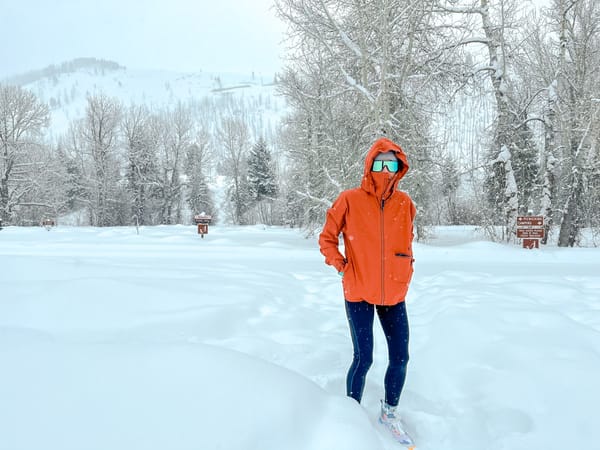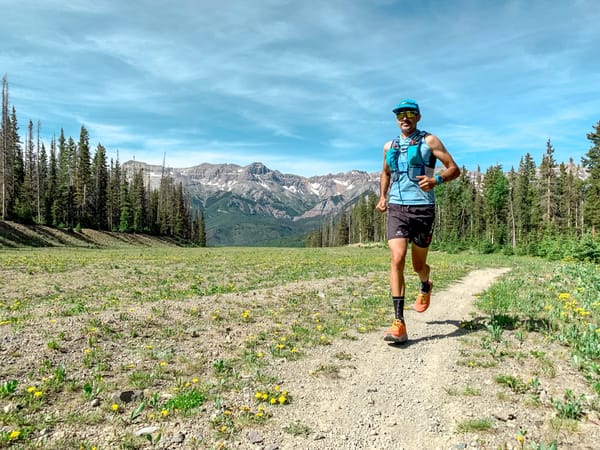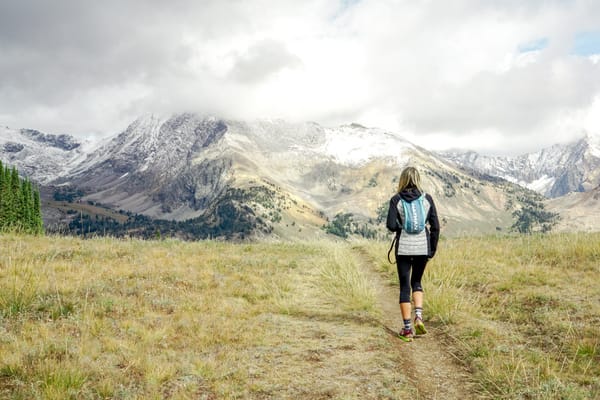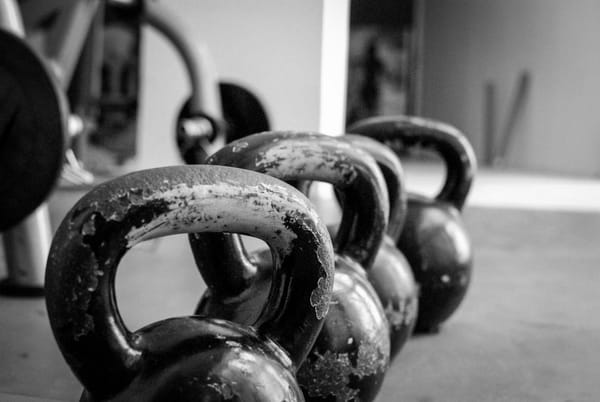Wayfinder 66 / Make Time for Solitude & Forget the Scale
Don’t Worry About What the Scale Says →
The author dispels BMI as a metric and the scale as an indicator of performance. Lower BMI and weight doesn't necessarily translate to faster times and feeling healthier.
However, in coaching, we have seen many athletes go through a similar struggle with the scale. They’ll unwittingly sacrifice some self-worth for some speed, and they’ll wind up with neither.
Insecurity is a part of the human condition. The insecurity monster is under all of our beds, and for some people, bodyweight monitoring can make it start clawing at the covers, pulling itself out to wreak havoc on our self-worth.
It's important to understand energy availability and expenditure are key contributors to optimum wellness and healthy training. Physical and mental injuries (depression, anxiety) can be driven by poor nutritional decisions.
Tons of studies show that negative energy availability (from too few calories to fuel activity and/or too much energy expenditure) contributes to higher rates of injury, along with impacts to hormones, mood and even sexual function.
On the flip side of putting too much weight on what the scale says (pun intended), is the growing practice of biohacking. Biohacking is defined as the use of science, biology, and experimentation to "upgrade" your life. Or simply, the practice of total-body optimization. Dave Asprey of Bulletproof Coffee is likely the most visible and recognized purveyor of biohacking.
The Beginner's Guide to Biohacking →
Dave shares 5 things you can do to make yourself bulletproof (six if you include butter in your coffee, which I have tried and I enjoy it). The five: Approach your symptoms like a scientist, get your light right, invest in an air purifier, shake up your workouts—literally (there is such a thing as a vibrating Power Plate), and avoid mold at all costs.
“Biohacking is the art and science of changing the environment around you and inside you, so you have more control over your own biology”
The Bulletproof Coffee Founder Has Spent $1 Million in His Quest to Live to 180 →
Asprey, who is 45, has made the widely publicized claim that he expects to live to 180. To that end, he plans to get his own stem cells injected into him every six months, take 100 supplements a day, follow a strict diet, bathe in infrared light, hang out in a hyperbaric oxygen chamber, and wear goofy yellow-lensed glasses every time he gets on an airplane.
What Is the Point of Biohacking? →
The author poses the question, Why?
What are we doing? And why? Am I afraid of death? Of aging? Am I avoiding the present, always thinking of how good it’s going to be, soon? Is it because I have no spiritual religion? Do I need more collagen?
Equinox Opens a New Kind of Gym, Just for Runners →
Treadmill running has become so popular Equinox is launching a standalone studio in the Flatiron district of New York City for it's Precision Run class, with a Los Angeles location to follow. Classes run $36 for a 50 minute session.
Why We Struggle to Make Time for Solitude →
Uncertainty is a fundamental aspect to living, we can't escape it. Leo Babauta, of Zen Habits, states that our busyness and distraction is primarily due to our uncertainty. He makes a case for seeking solitude in nature to gain control over it.
Uncertainty is woven into every hour of our lives. We are uncertain about what we should do, who we are, whether we’re good enough, what is going to happen, what’s going on in the world, and how to deal with the overwhelmingness of life. We don’t often acknowledge it, but we feel uncertainty all day long.
The idea of being in solitude, of having quiet in our lives and time for contemplation, might seem nice to many of us. But when it comes time to actually do it, we cling to busyness because of our feeling of uncertainty.
8 Secrets of Lifetime Runners →
The authors profiled more than 50 runners over 60 years old who've been running at least 30 years, then came up with this list of their secrets to longevity.




